MOBY DICK–Herman Melville
Slowly crossing the deck from the scuttle, Ahab leaned over the side and watched how his shadow in the water sank and sank to his gaze, the more and the more that he strove to pierce the profundity. But the lovely aromas in that enchanted air did at last seem to dispel, for a moment, the cankerous thing in his soul. That glad, happy air, that winsome sky, did at last stroke and caress him; the step-mother world, so long cruel—forbidding—now threw affectionate arms round his stubborn neck, and did seem to joyously sob over him, as if over one, that however wilful and erring, she could yet find it in her heart to save and to bless. From beneath his slouched hat Ahab dropped a tear into the sea; nor did all the Pacific contain such wealth as that one wee drop.
Starbuck saw the old man; saw him, how he heavily leaned over the side; and he seemed to hear in his own true heart the measureless sobbing that stole out of the centre of the serenity around. Careful not to touch him, or be noticed by him, he yet drew near to him, and stood there.
Ahab turned.
“Starbuck!”
“Sir.”
“Oh, Starbuck! it is a mild, mild wind, and a mild looking sky. On such a day—very much such a sweetness as this—I struck my first whale—a boy-harpooneer of eighteen! Forty—forty—forty years ago!—ago! Forty years of continual whaling! forty years of privation, and peril, and storm-time! forty years on the pitiless sea! for forty years has Ahab forsaken the peaceful land, for forty years to make war on the horrors of the deep! Aye and yes, Starbuck, out of those forty years I have not spent three ashore. When I think of this life I have led; the desolation of solitude it has been; the masoned, walled-town of a Captain’s exclusiveness, which admits but small entrance to any sympathy from the green country without—oh, weariness! heaviness! Guinea-coast slavery of solitary command!—when I think of all this; only half-suspected, not so keenly known to me before—and how for forty years I have fed upon dry salted fare—fit emblem of the dry nourishment of my soil!—when the poorest landsman has had fresh fruit to his daily hand, and broken the world’s fresh bread to my mouldy crusts—away, whole oceans away, from that young girl-wife I wedded past fifty, and sailed for Cape Horn the next day, leaving but one dent in my marriage pillow—wife? wife?—rather a widow with her husband alive! Aye, I widowed that poor girl when I married her, Starbuck; and then, the madness, the frenzy, the boiling blood and the smoking brow, with which, for a thousand lowerings old Ahab has furiously, foamingly chased his prey—more a demon than a man!—aye, aye! what a forty years’ fool—fool—old fool, has old Ahab been! Why this strife of the chase? why weary, and palsy the arm at the oar, and the iron, and the lance? how the richer or better is Ahab now? Behold. Oh, Starbuck! is it not hard, that with this weary load I bear, one poor leg should have been snatched from under me? Here, brush this old hair aside; it blinds me, that I seem to weep. Locks so grey did never grow but from out some ashes! But do I look very old, so very, very old, Starbuck? I feel deadly faint, bowed, and humped, as though I were Adam, staggering beneath the piled centuries since Paradise. God! God! God!—crack my heart!—stave my brain!—mockery! mockery! bitter, biting mockery of grey hairs, have I lived enough joy to wear ye; and seem and feel thus intolerably old? Close! stand close to me, Starbuck; let me look into a human eye; it is better than to gaze into sea or sky; better than to gaze upon God. By the green land; by the bright hearth-stone! this is the magic glass, man; I see my wife and my child in thine eye. No, no; stay on board, on board!—lower not when I do; when branded Ahab gives chase to Moby Dick. That hazard shall not be thine. No, no! not with the far away home I see in that eye!”
THE CHASE–FIRST DAY (3 days total)
Like noiseless nautilus shells, their light prows sped through the sea; but only slowly they neared the foe. As they neared him, the ocean grew still more smooth; seemed drawing a carpet over its waves; seemed a noon-meadow, so serenely it spread. At length the breathless hunter came so nigh his seemingly unsuspecting prey, that his entire dazzling hump was distinctly visible, sliding along the sea as if an isolated thing, and continually set in a revolving ring of finest, fleecy, greenish foam. He saw the vast, involved wrinkles of the slightly projecting head beyond. Before it, far out on the soft Turkish-rugged waters, went the glistening white shadow from his broad, milky forehead, a musical rippling playfully accompanying the shade; and behind, the blue waters interchangeably flowed over into the moving valley of his steady wake; and on either hand bright bubbles arose and danced by his side. But these were broken again by the light toes of hundreds of gay fowl softly feathering the sea, alternate with their fitful flight; and like to some flag-staff rising from the painted hull of an argosy, the tall but shattered pole of a recent lance projected from the white whale’s back; and at intervals one of the cloud of soft-toed fowls hovering, and to and fro skimming like a canopy over the fish, silently perched and rocked on this pole, the long tail feathers streaming like pennons.
A gentle joyousness—a mighty mildness of repose in swiftness, invested the gliding whale. Not the white bull Jupiter swimming away with ravished Europa clinging to his graceful horns; his lovely, leering eyes sideways intent upon the maid; with smooth bewitching fleetness, rippling straight for the nuptial bower in Crete; not Jove, not that great majesty Supreme! did surpass the glorified White Whale as he so divinely swam.
On each soft side—coincident with the parted swell, that but once leaving him, then flowed so wide away—on each bright side, the whale shed off enticings. No wonder there had been some among the hunters who namelessly transported and allured by all this serenity, had ventured to assail it; but had fatally found that quietude but the vesture of tornadoes. Yet calm, enticing calm, oh, whale! thou glidest on, to all who for the first time eye thee, no matter how many in that same way thou may’st have bejuggled and destroyed before.
And thus, through the serene tranquillities of the tropical sea, among waves whose hand-clappings were suspended by exceeding rapture, Moby Dick moved on, still withholding from sight the full terrors of his submerged trunk, entirely hiding the wrenched hideousness of his jaw. But soon the fore part of him slowly rose from the water; for an instant his whole marbleized body formed a high arch, like Virginia’s Natural Bridge, and warningly waving his bannered flukes in the air, the grand god revealed himself, sounded, and went out of sight. Hoveringly halting, and dipping on the wing, the white sea-fowls longingly lingered over the agitated pool that he left.
With oars apeak, and paddles down, the sheets of their sails adrift, the three boats now stilly floated, awaiting Moby Dick’s reappearance.
“An hour,” said Ahab, standing rooted in his boat’s stern; and he gazed beyond the whale’s place, towards the dim blue spaces and wide wooing vacancies to leeward. It was only an instant; for again his eyes seemed whirling round in his head as he swept the watery circle. The breeze now freshened; the sea began to swell.
“The birds!—the birds!” cried Tashtego.
In long Indian file, as when herons take wing, the white birds were now all flying towards Ahab’s boat; and when within a few yards began fluttering over the water there, wheeling round and round, with joyous, expectant cries. Their vision was keener than man’s; Ahab could discover no sign in the sea. But suddenly as he peered down and down into its depths, he profoundly saw a white living spot no bigger than a white weasel, with wonderful celerity uprising, and magnifying as it rose, till it turned, and then there were plainly revealed two long crooked rows of white, glistening teeth, floating up from the undiscoverable bottom. It was Moby Dick’s open mouth and scrolled jaw; his vast, shadowed bulk still half blending with the blue of the sea. The glittering mouth yawned beneath the boat like an open-doored marble tomb; and giving one sidelong sweep with his steering oar, Ahab whirled the craft aside from this tremendous apparition. Then, calling upon Fedallah to change places with him, went forward to the bows, and seizing Perth’s harpoon, commanded his crew to grasp their oars and stand by to stern.
Now, by reason of this timely spinning round the boat upon its axis, its bow, by anticipation, was made to face the whale’s head while yet under water. But as if perceiving this stratagem, Moby Dick, with that malicious intelligence ascribed to him, sidelingly transplanted himself, as it were, in an instant, shooting his pleated head lengthwise beneath the boat.
Through and through; through every plank and each rib, it thrilled for an instant, the whale obliquely lying on his back, in the manner of a biting shark, slowly and feelingly taking its bows full within his mouth, so that the long, narrow, scrolled lower jaw curled high up into the open air, and one of the teeth caught in a row-lock. The bluish pearl-white of the inside of the jaw was within six inches of Ahab’s head, and reached higher than that. In this attitude the White Whale now shook the slight cedar as a mildly cruel cat her mouse. With unastonished eyes Fedallah gazed, and crossed his arms; but the tiger-yellow crew were tumbling over each other’s heads to gain the uttermost stern.
And now, while both elastic gunwales were springing in and out, as the whale dallied with the doomed craft in this devilish way; and from his body being submerged beneath the boat, he could not be darted at from the bows, for the bows were almost inside of him, as it were; and while the other boats involuntarily paused, as before a quick crisis impossible to withstand, then it was that monomaniac Ahab, furious with this tantalizing vicinity of his foe, which placed him all alive and helpless in the very jaws he hated; frenzied with all this, he seized the long bone with his naked hands, and wildly strove to wrench it from its gripe. As now he thus vainly strove, the jaw slipped from him; the frail gunwales bent in, collapsed, and snapped, as both jaws, like an enormous shears, sliding further aft, bit the craft completely in twain, and locked themselves fast again in the sea, midway between the two floating wrecks. These floated aside, the broken ends drooping, the crew at the stern-wreck clinging to the gunwales, and striving to hold fast to the oars to lash them across.
At that preluding moment, ere the boat was yet snapped, Ahab, the first to perceive the whale’s intent, by the crafty upraising of his head, a movement that loosed his hold for the time; at that moment his hand had made one final effort to push the boat out of the bite. But only slipping further into the whale’s mouth, and tilting over sideways as it slipped, the boat had shaken off his hold on the jaw; spilled him out of it, as he leaned to the push; and so he fell flat-faced upon the sea.
MACBETH–Shakespeare
“Out, out, brief candle! Life’s but a walking shadow, a poor player that struts and frets his hour upon the stage and is heard no more. It is a tale told by an idiot, full of sound and fury, signifying nothing.”
Angels are bright still, though the brightest fell. Though all things foul would wear the brows of grace, Yet Grace must still look so.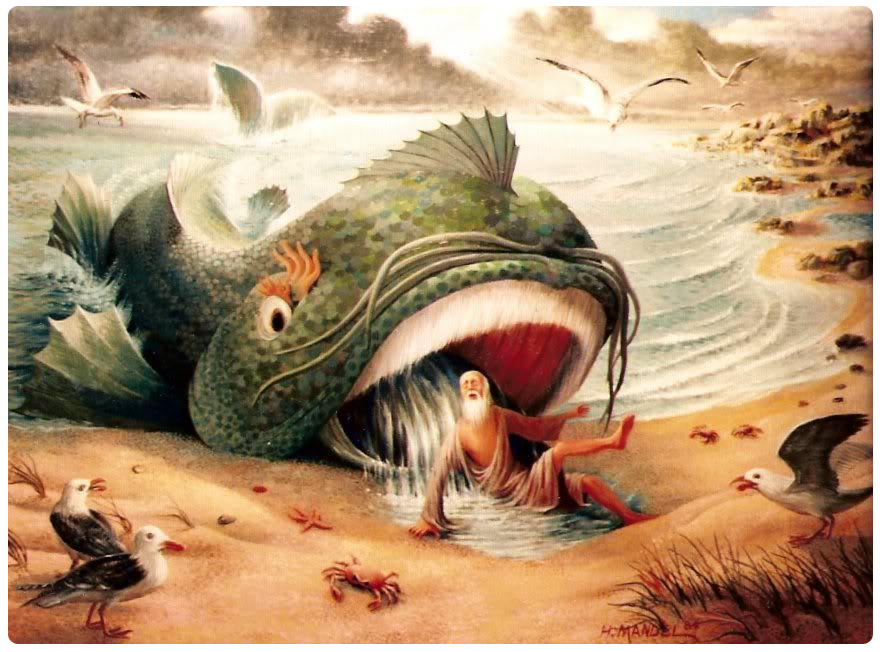

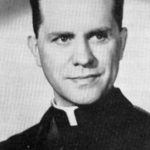
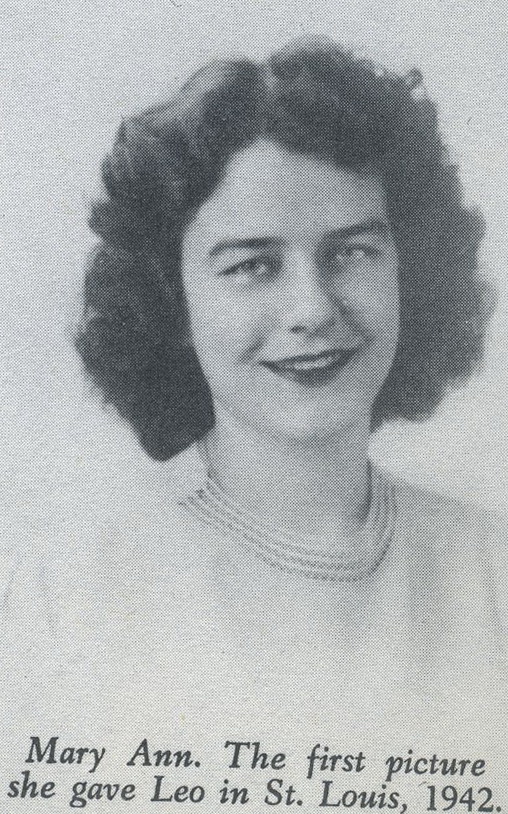
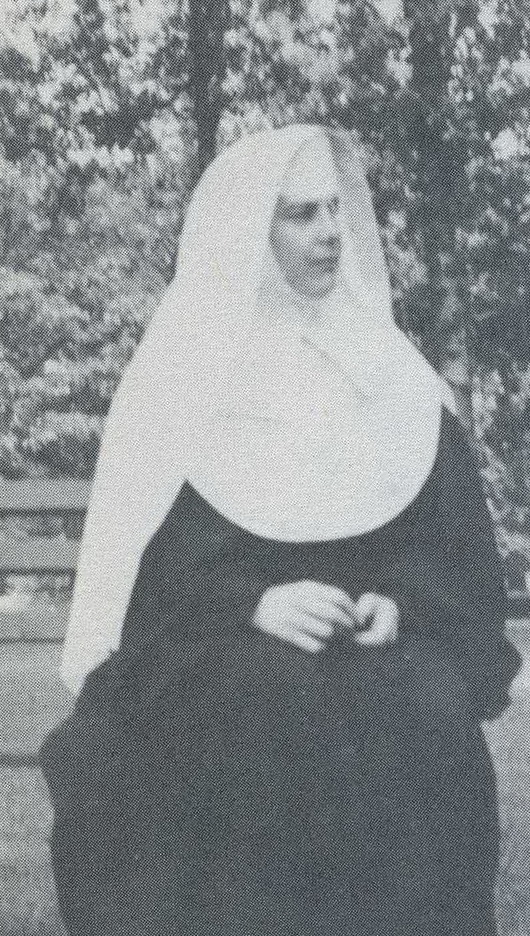



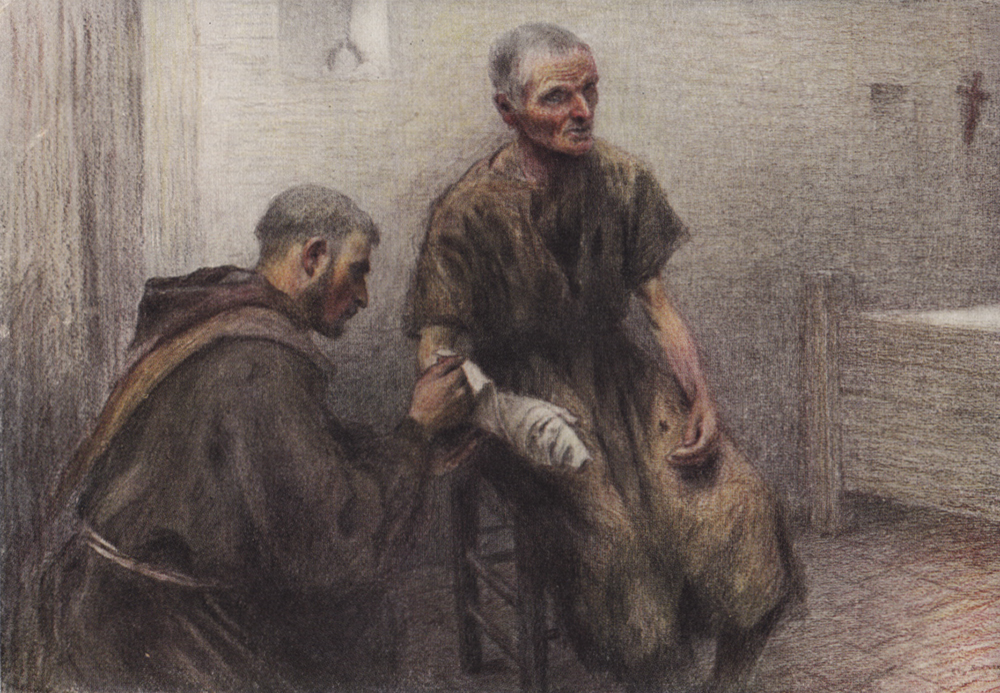
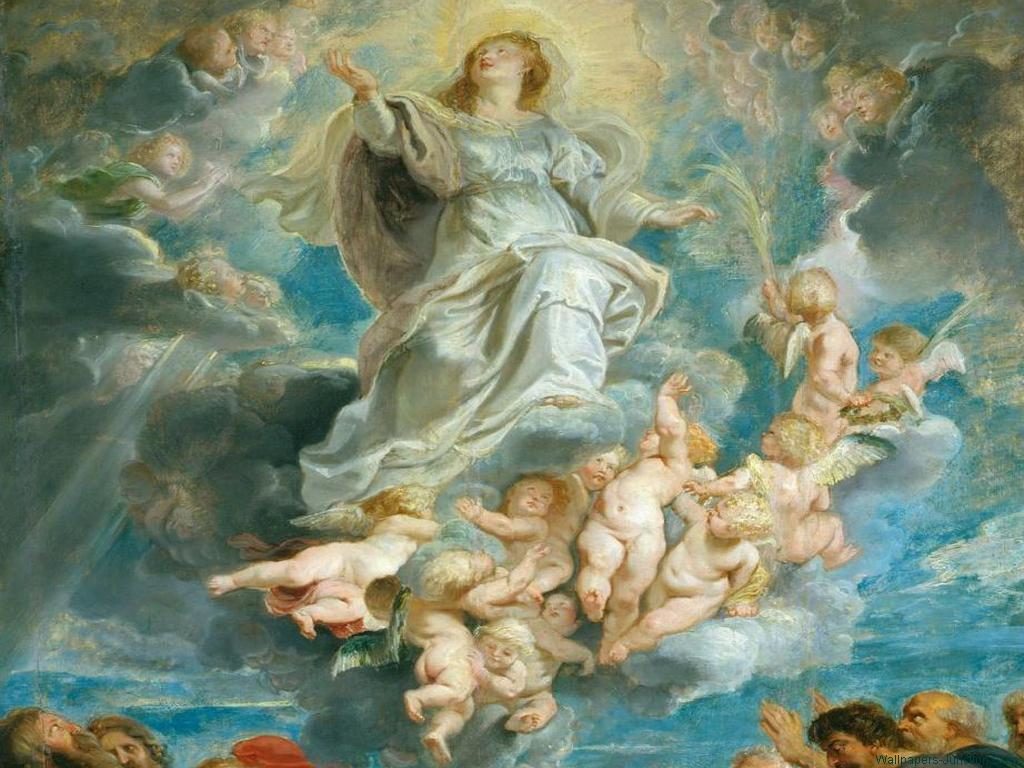

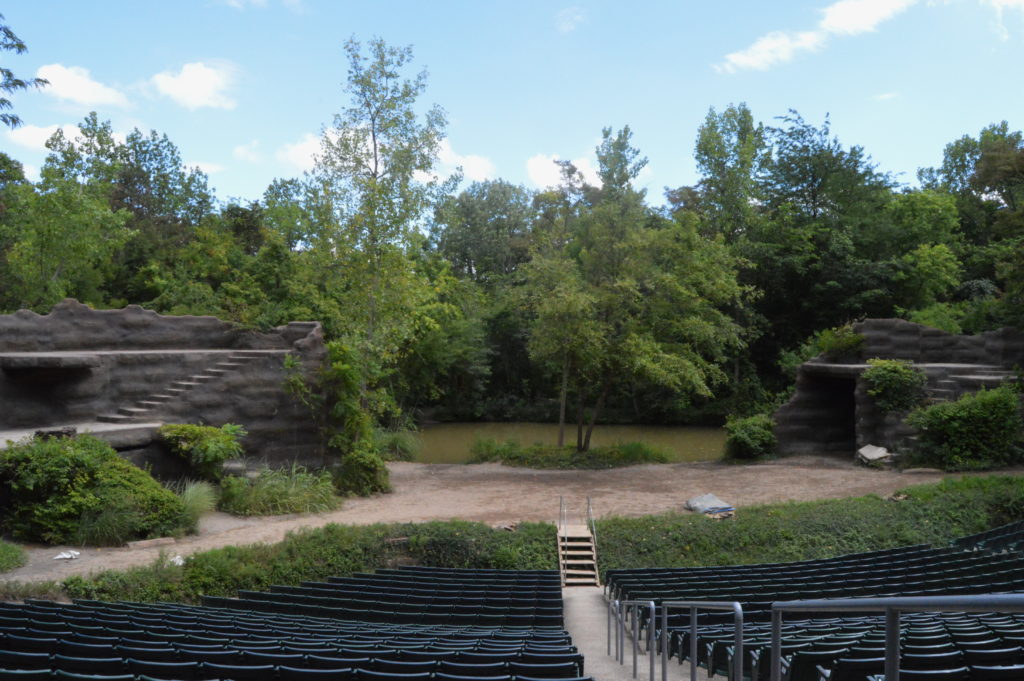

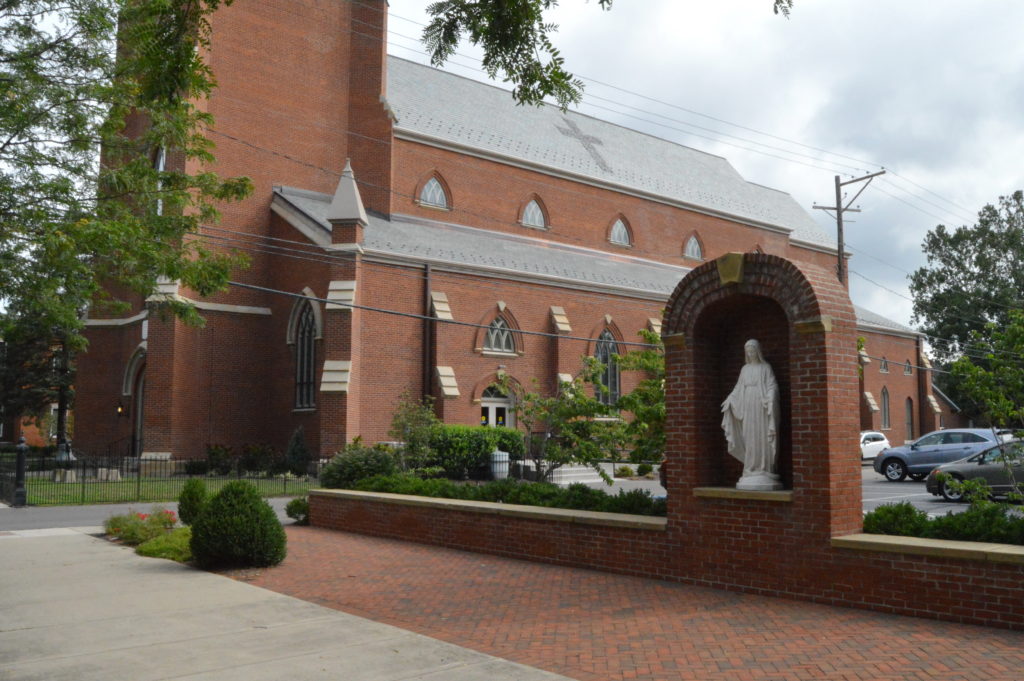
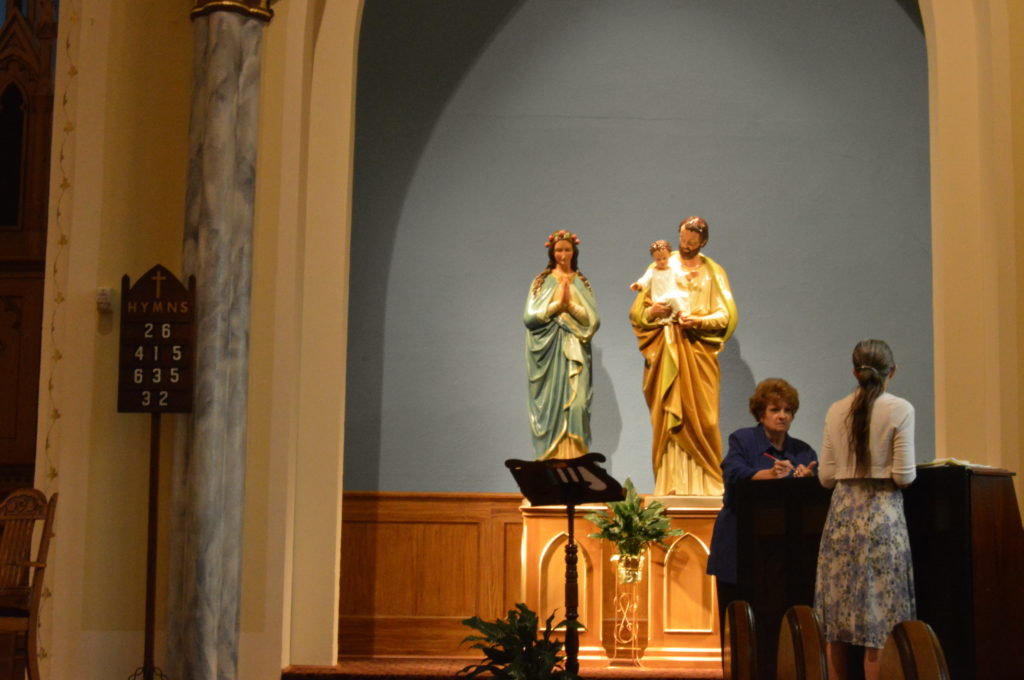
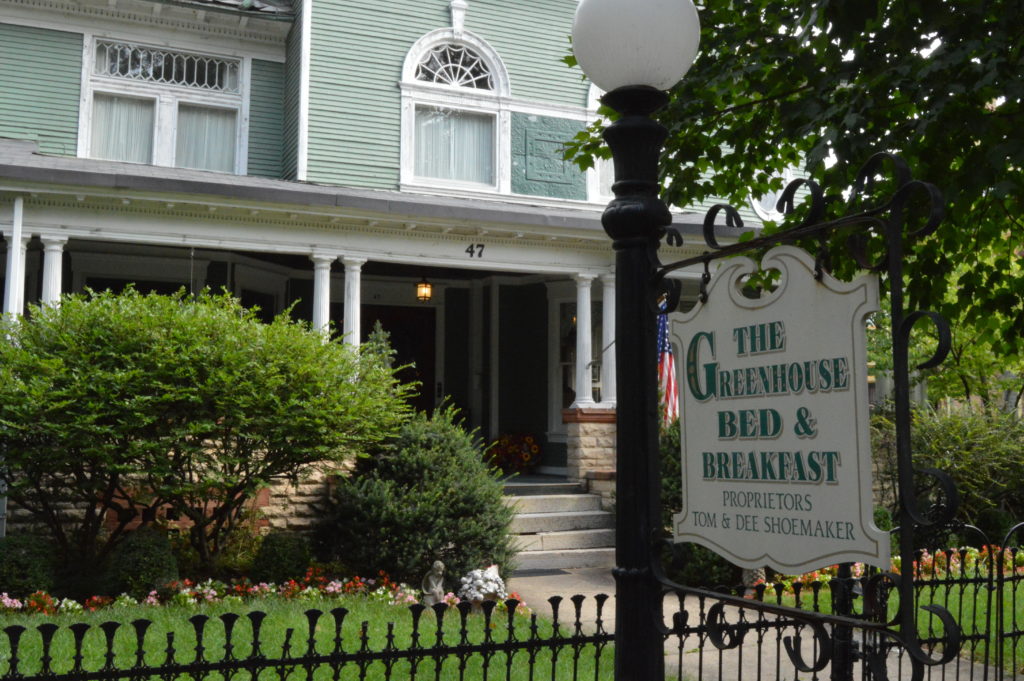
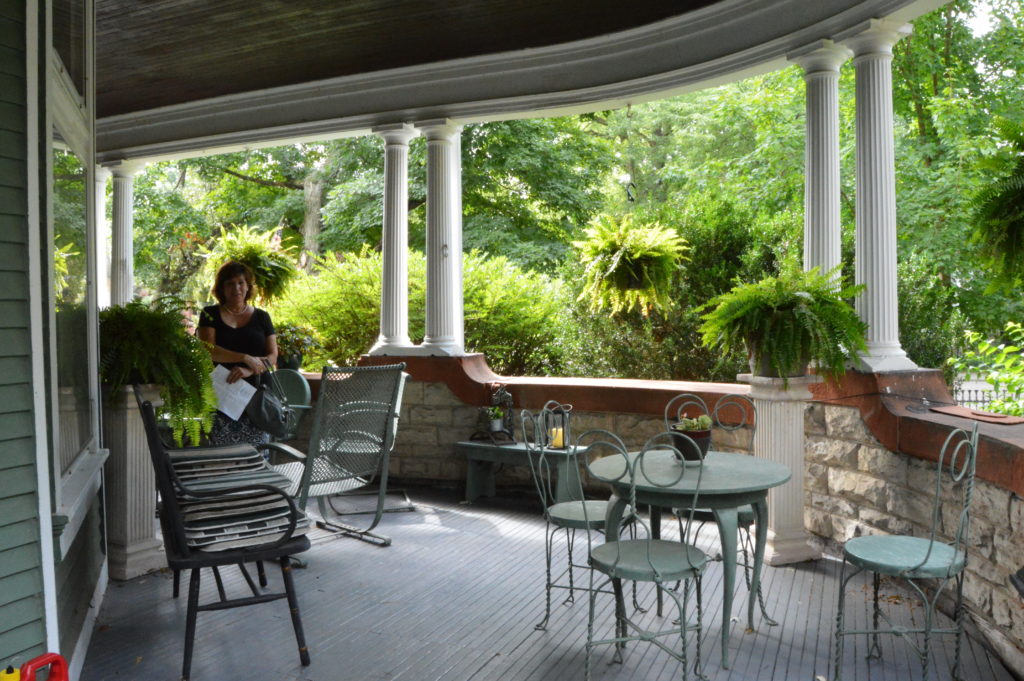
Recent Comments